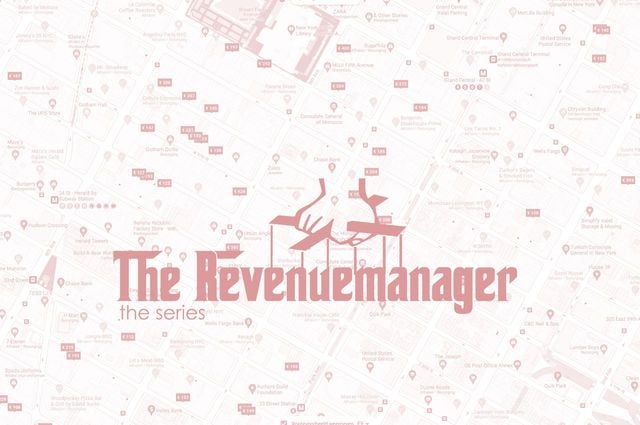Benchmarking: Moving beyond traditional comp sets and year over year comparison
15 experts shared their view
For years, revenue managers used historical data as a "compass" to navigate rates and inventory. Due to the pandemic, however, historical data lost much of their relevance, as 2020 and 2021 were statistical anomalies, to say the least. In this scenario, other information became more important, such as on-the-books reservations, pick-up, pace, and, of course, comp set. Some hotels have closed and consumer behavior has shifted.
The challenge,
however, is how to clearly identify the proper comp set
: is there only one or multiple competitors?
How should a hotel judge it's performance, when most of the traditional KPIs have become meaningless?
Today, every hotel in the world has not one, but three categories of direct competitors.
- Official Comp Set
This is your traditional comp set, included in the property's dSTAR Report by STR or rate shopping report by Fornova. These reports provide real value by benchmarking how well your property is performing against the “official” competition.
Unfortunately, monitoring and benchmarking only this “official” comp set is no longer sufficient. There are two additional categories of competitors that are after your property's business 24/7 and their effectiveness in taking market share from your property quite often far exceeds the one of your official comp set.
Here are these two additional categories of direct competitors you should be especially worried about:
- Your Property's Digital Comp Set
These are properties that dominate the search engine results pages (SERPs) on the search engines for keyword terms that are very relevant to your property's product. If you are a boutique hotel in downtown Houston, search Google using the keyword term “boutique hotel downtown Houston”. If you are a 4-star hotel near Hyde Park in London, do the same and search Google for “4-star hotels near Hyde Park in London”. Do a similar exercise if you a hotel with a rooftop bar in Manhattan. Or a spa hotel on the Magnificent Mile in Chicago.
Your digital competitors are all the properties with comparable to your property core services and amenities that rank on top or above your property in the SERPs. Most likely these properties are not part of your “official” comp set. Since Google “owns” the Dreaming and Planning Phases of the Digital Customer Journey, and more recently is increasing very aggressively its presence in the Booking Phase, you are losing more potential guests to your digital competitors than to your dSTAR comp set.
- Vacation Rental Competitors
Vacation rentals now constitute almost one third of reservations for accommodations in your area. In 2020, Airbnb and Vrbo accounted for 29% of total lodging revenue in the U.S. and elsewhere. Add to that vacation rental reservations via Booking's global portfolio of over 6 million properties and …you get the picture.
So, in addition to monitoring and benchmarking your “classic” and digital competitors, you should monitor closely Airbnb's, Vrbo's and other vacation rental properties in your market. Research and identify the rental properties in your neighbourhood, and what are their typical amenities and features. Identify your property's value proposition and create a list of all of your property's amenities, services and attributes that, in your view, are better than the average vacation rental in your area. Then review and update the property descriptions on the hotel website, social media profiles, CRS and WBE descriptions, directory listings, GMB, and promotional materials.
Make sure to educate your staff about the key advantages your property has over the vacation rentals in the area: from better location to no cleaning fees to better cleanliness protocols and really high-speed WIFI and free breakfast.
Introduce weekly and monthly rates for both rooms and suites. How many hotels offer rates for extended stays which are favoured by travel consumers in the current pandemic? A weekly rate is NOT a daily rate multiplied by seven. A monthly rate is NOT a nightly rate multiplied by 30! Make sure that your CRS, WBE (Website Booking Engine) and Channel Manager can support weekly and monthly rates and fire them if they can't.
And of course, take the pricing of all three comp sets into account in your revenue management practices and ask your Rate Shopping business intelligence vendor and your revenue management system vendors to automate this process.



